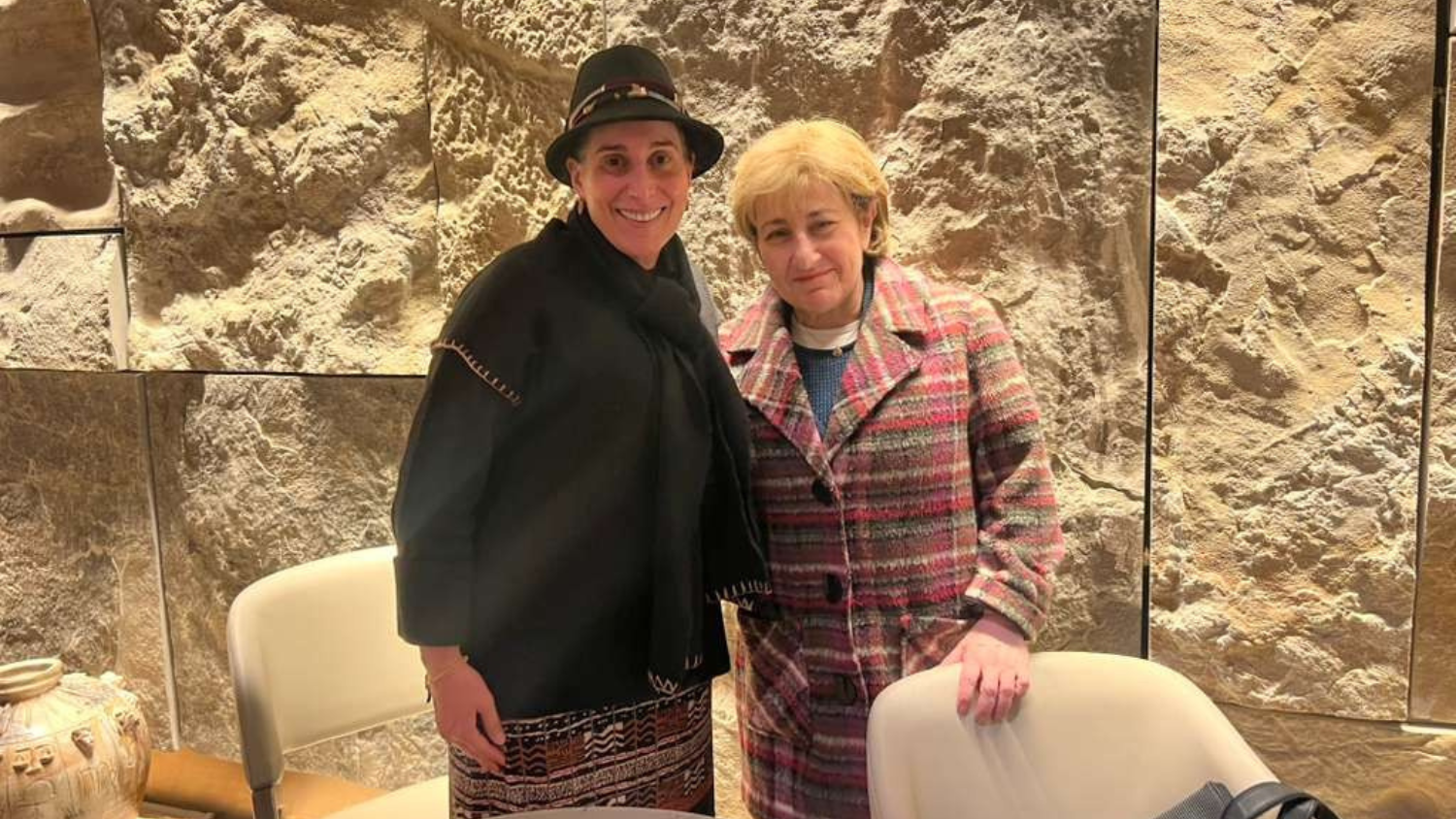Creating Well-Rounded Students
Machon has become a respected name in the Orthodox community. Students, teachers and school officials are eager to gain access to their content.
Helping Orthodox yeshivas breathe life into secular learning
Any teacher who has led a class or held a program right after lunch knows how difficult it is to engage students at that time of day. That’s why many schools try to fill this timeslot with something fun and engaging. But for administrators running an Orthodox yeshiva, where there are scarcely enough hours in the day to pack in Jewish learning alongside the Common Core, this isn’t always an option. Difficult decisions need to be made about what to prioritize and often the time dedicated to general studies is compromised.
“In many yeshivas, unfortunately, general studies are not taken very seriously,” said Rabbi Mordechai Weissmann, director of Machon Menoras Hachochmah: The Institute for Torah-based Curricula. “By and large, these students are not immediately headed to college, and there’s really no motivation to learn these topics. Plus, the time slot tends to be in the afternoon, when the boys are exhausted.”
There may not be much that can be done about the scheduling constraints, but through his work at Machon, Rabbi Weissman seeks to transform how secular studies rank in the yeshiva environment.
“Whether you want to go into business, or law, or teaching, or Judaic studies, the skills taught in general studies are concepts you need to know. It’s about how to communicate, how to organize your thoughts,” Weissman said. “Language arts are key to communicating with the world, both inside and outside the yeshiva bubble.”
As part of Machon’s guidance to Orthodox schools on how to incorporate general studies into the day school system, Weissman’s team works to create lesson plans that breathe life into these topics, and seamlessly integrate Jewish content with secular learning. When teaching biology, for example, Machon’s materials use topics like inherited Jewish genetic disorders and the Cohen gene to hook students and make the learning relevant. In history class, Machon helps teachers bring in the story of Exodus and Joseph, and align that week’s Torah reading with the relevant historical context.
Though Rabbi Weissman’s team initially had to tread carefully, Machon has become a respected name in the Orthodox community, and students, teachers and school officials are eager to gain access to their content. However, a key challenge remains: finding and training qualified teachers who hold both the cultural competency and the educational background to make these initiatives successful.
“When we started, some of the schools we contacted were hesitant to sign on because what we were doing was just too new, maybe a little too avant-garde,” said Weissmann. “Now, they all want to participate, and when we get a ‘no,’ it’s only because they love the idea but don’t have the right teachers. That’s why we’re now focusing on professional development and finding the best teachers for communities.”
With support from Walder Foundation, Machon seeks to expand professional development opportunities for Orthodox teachers and create “plug and play” materials that can be easily implemented even in a hectic classroom. A series of video trainings are also in the works to help educators with classroom management, teaching strategies, and the content itself.
“The people teaching general studies in the yeshiva world tend to be people who are not necessarily trained as teachers. We’re trying to train a new crop of teachers who can be relatable to the students and the schools,” said Weissman.
Get more stories like this delivered to your inbox.
Sign up with your email address to receive news and updates.











